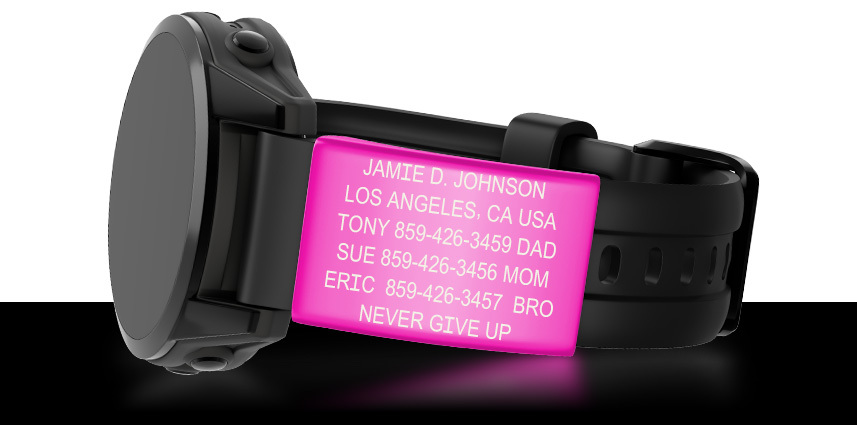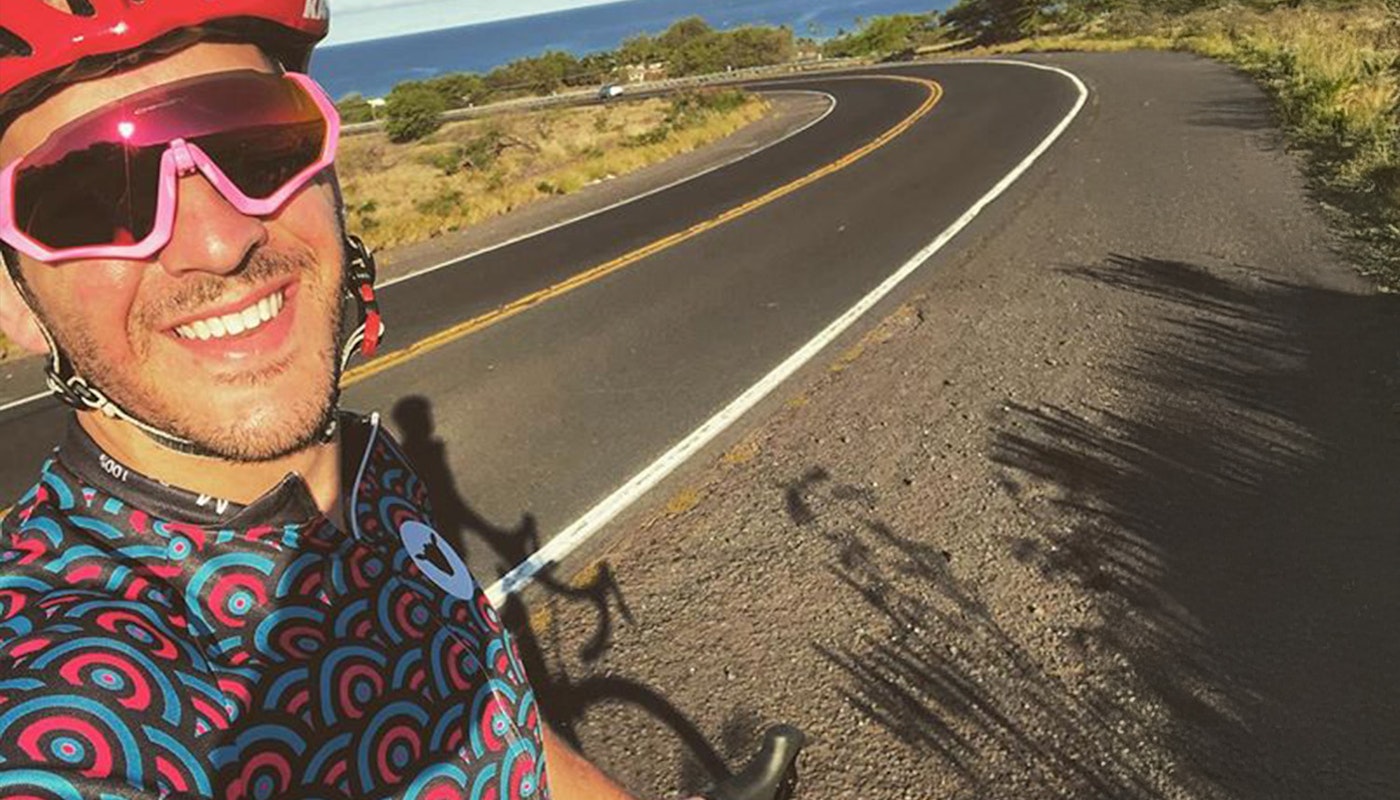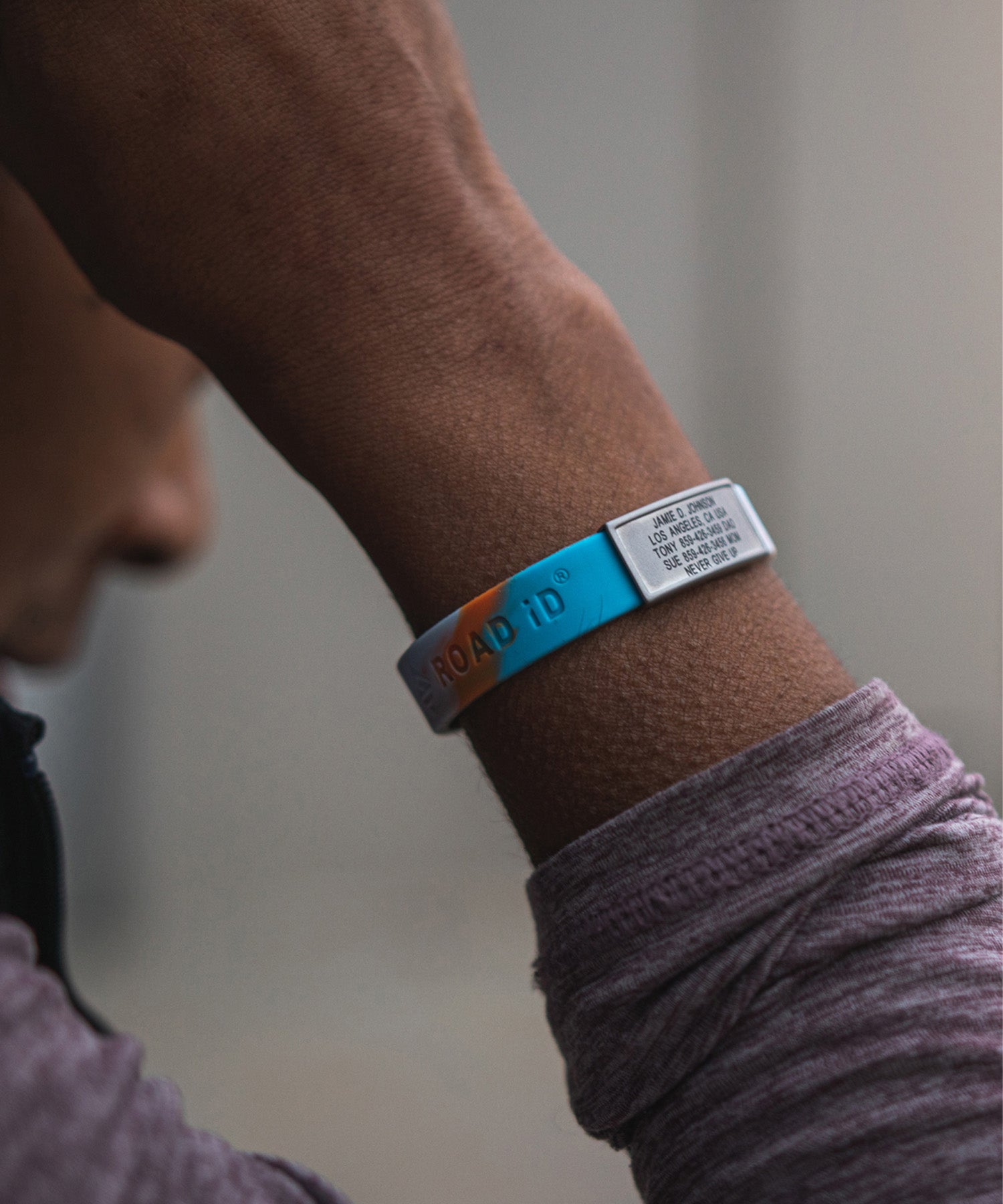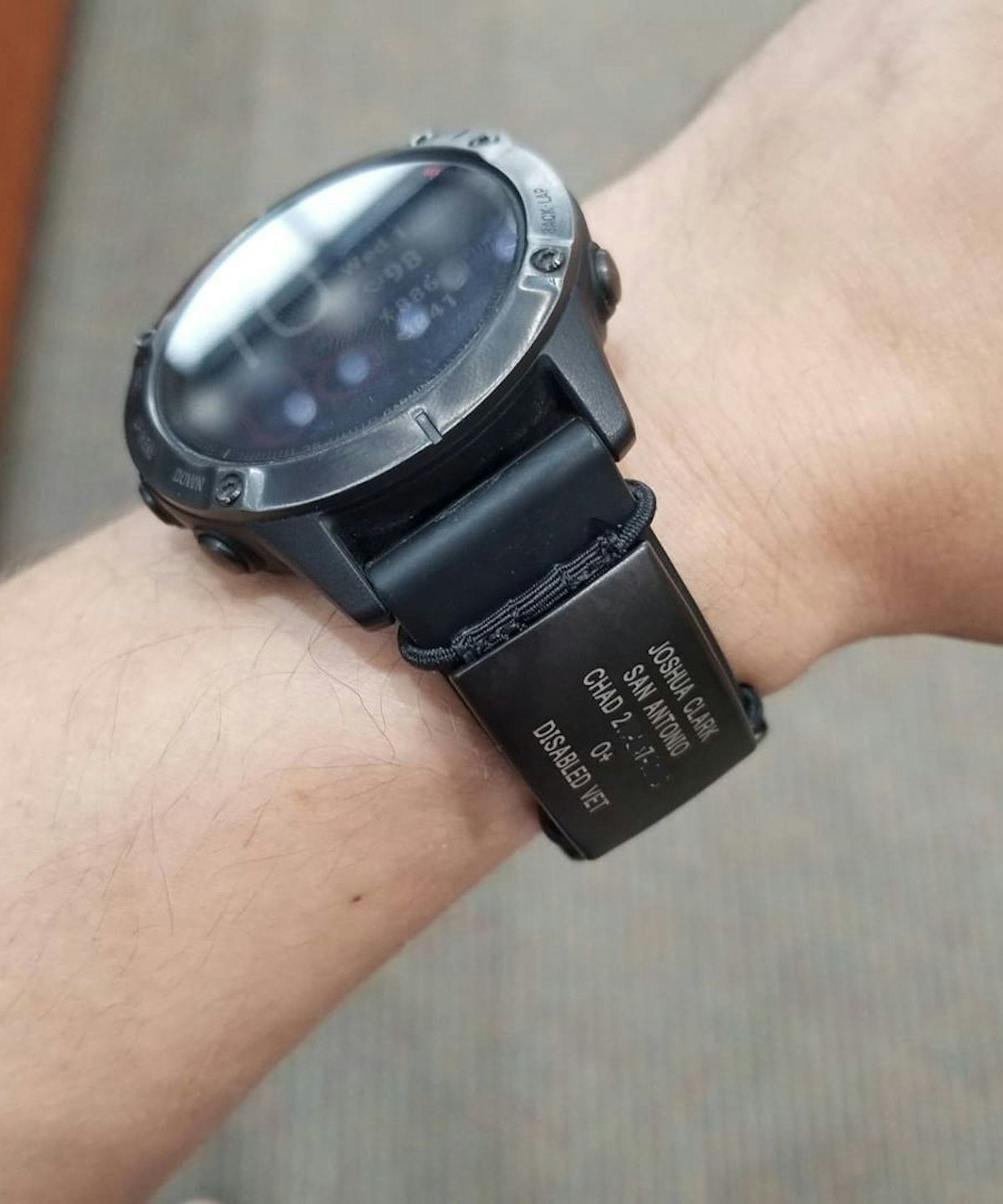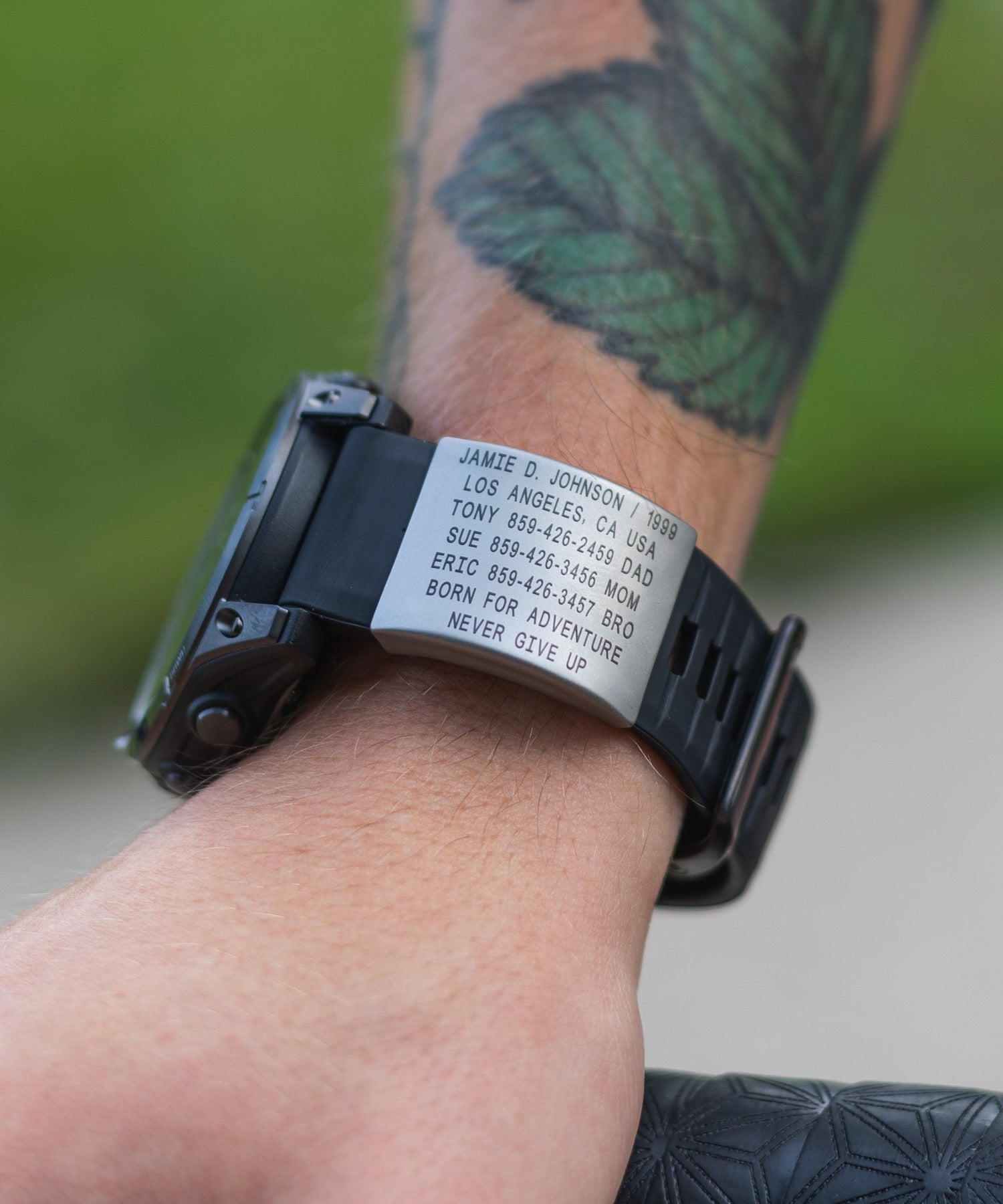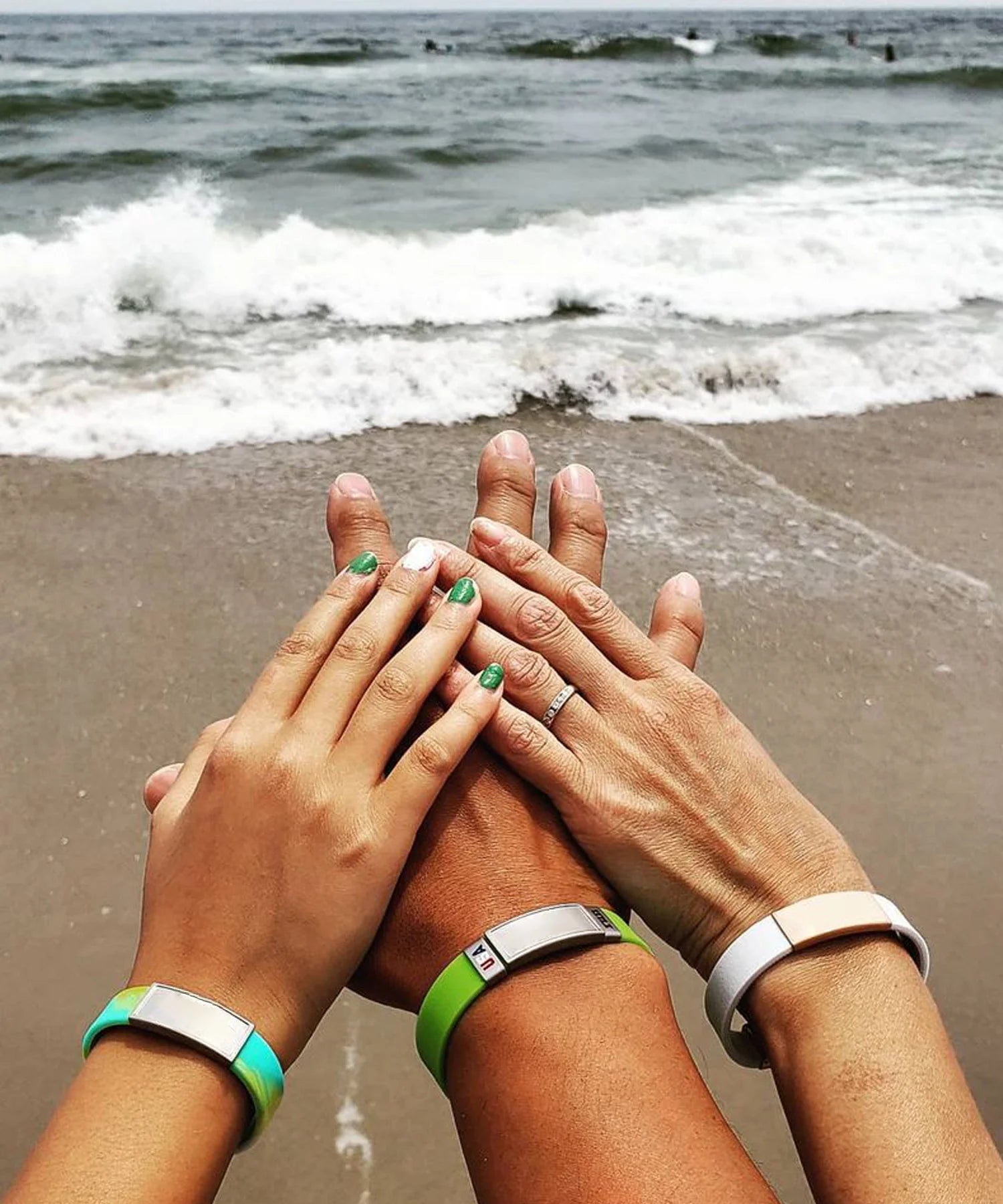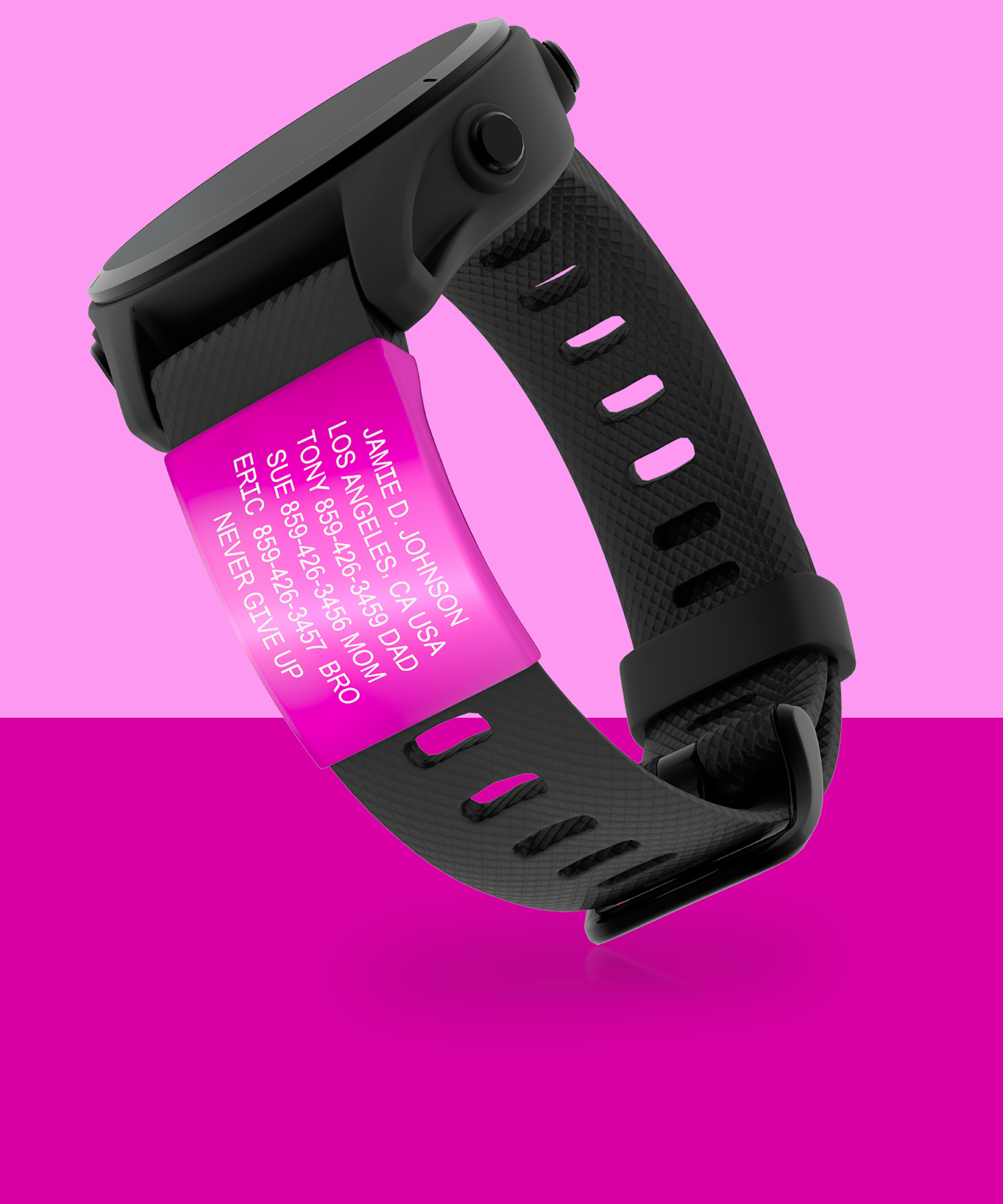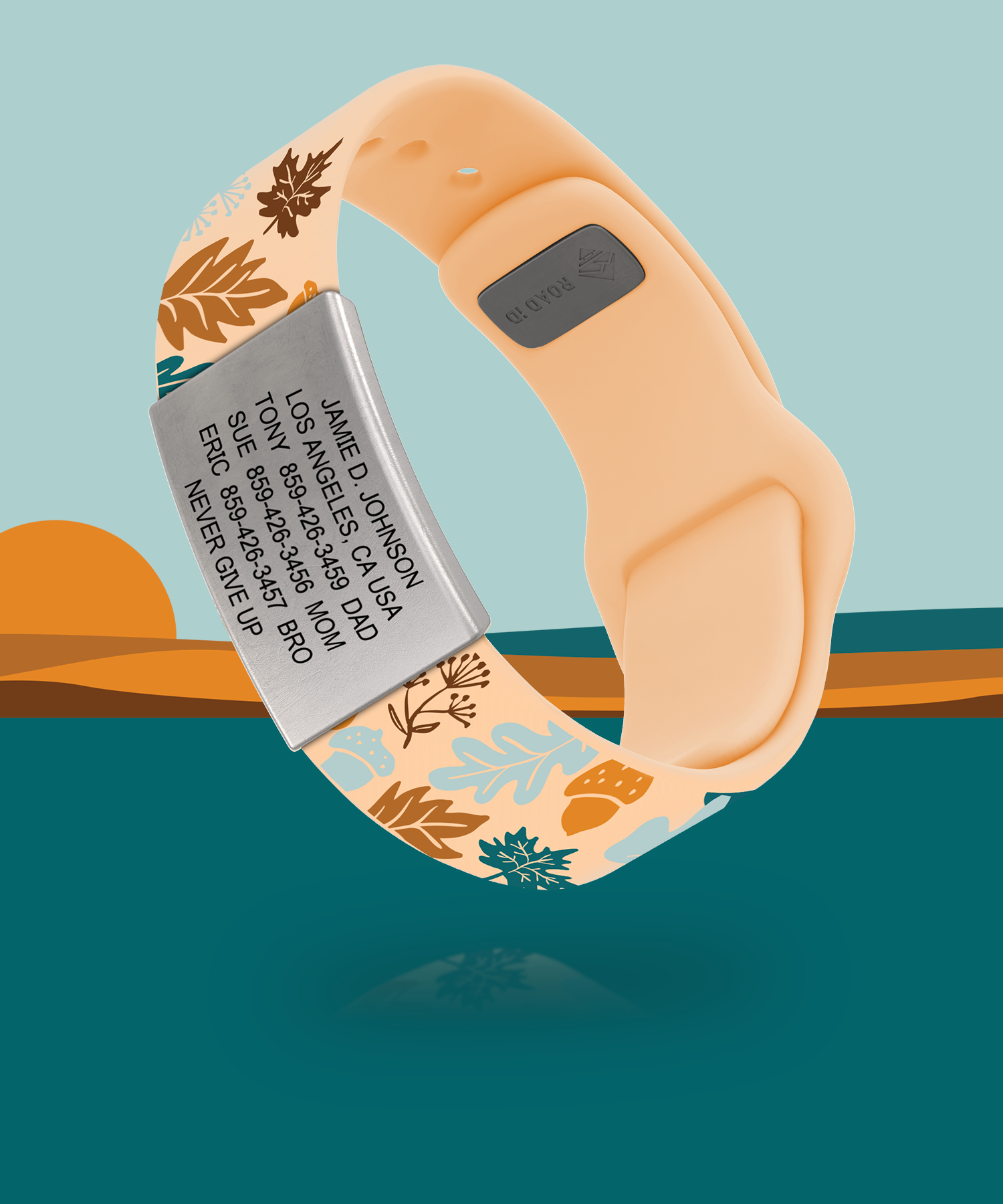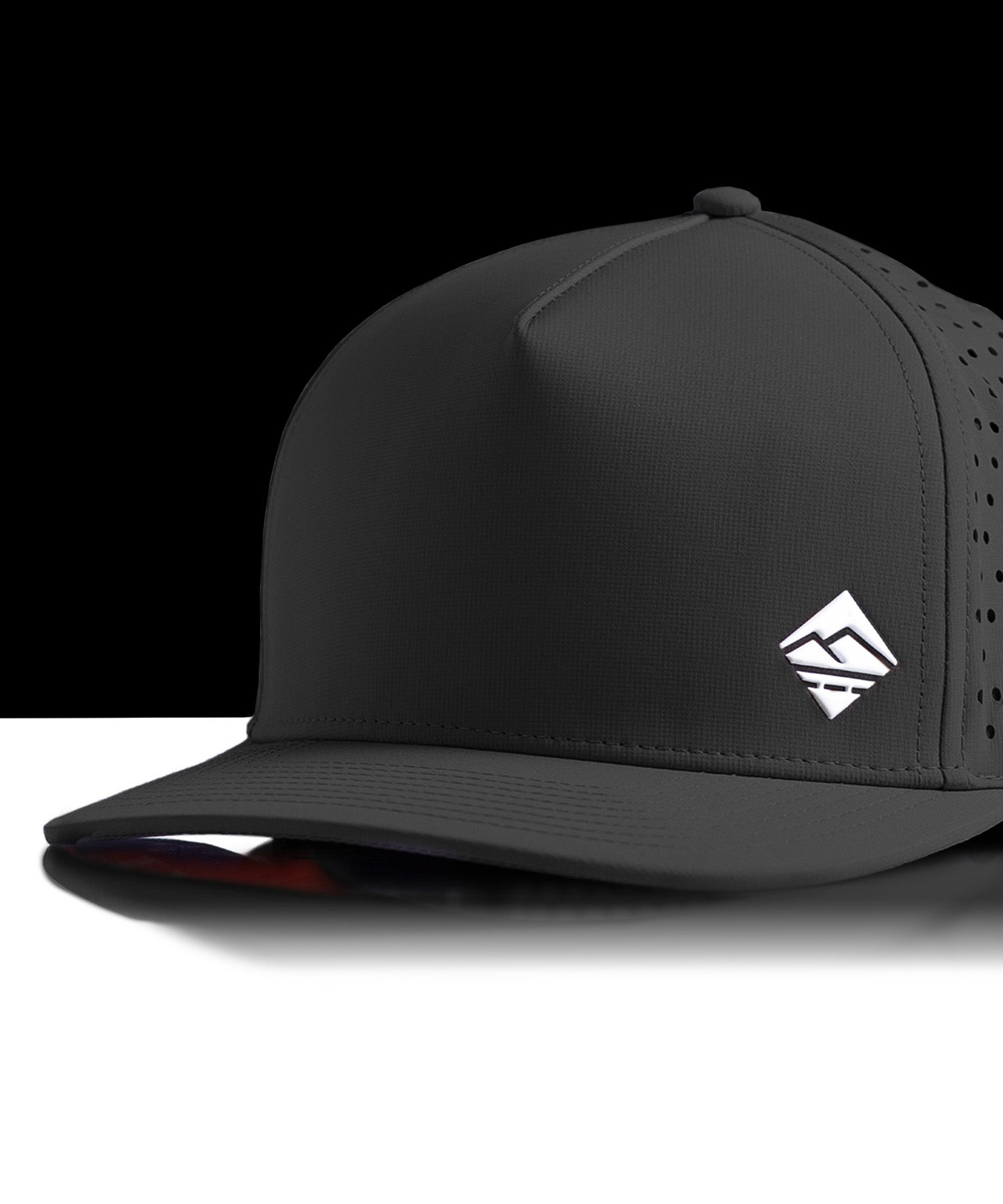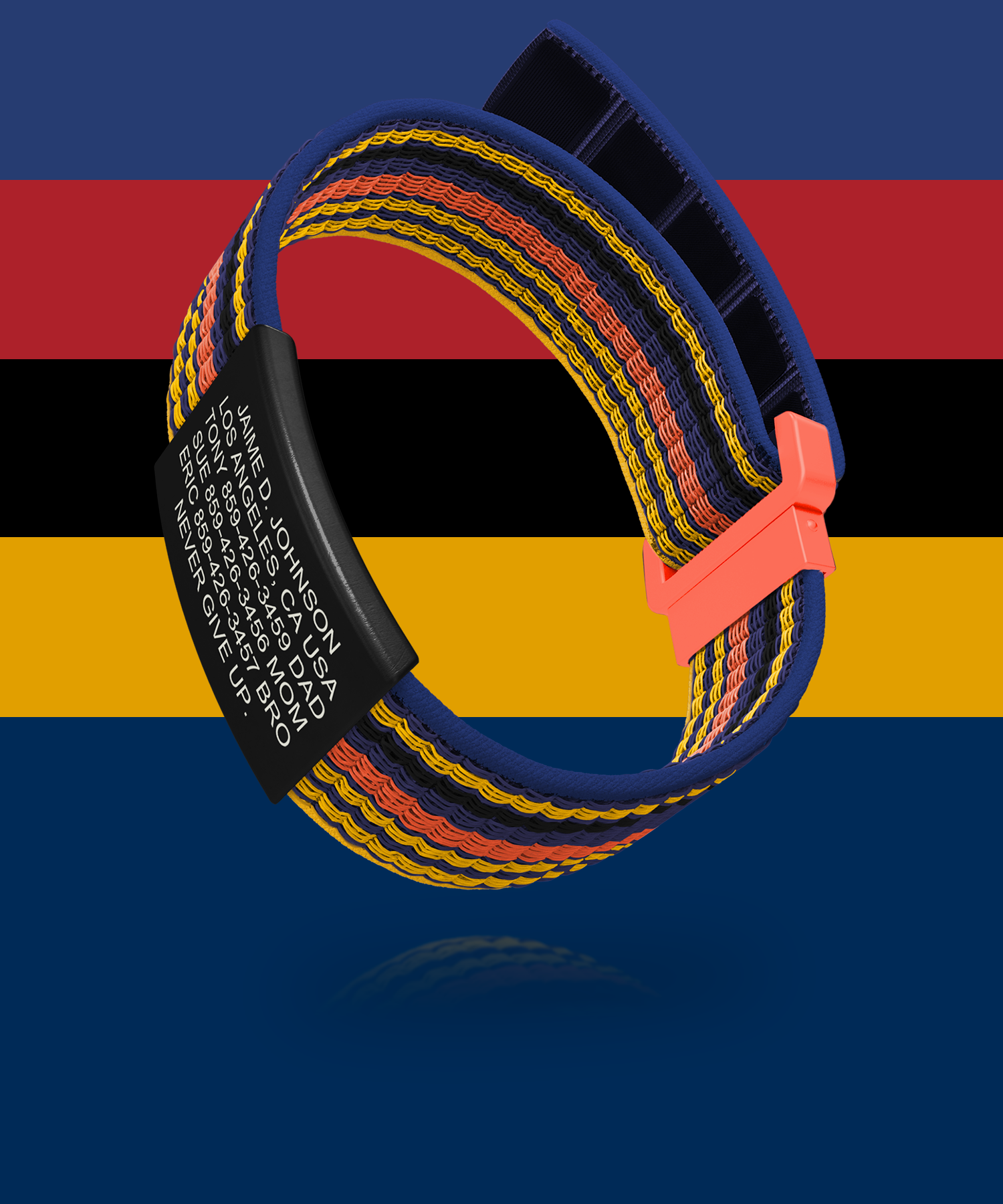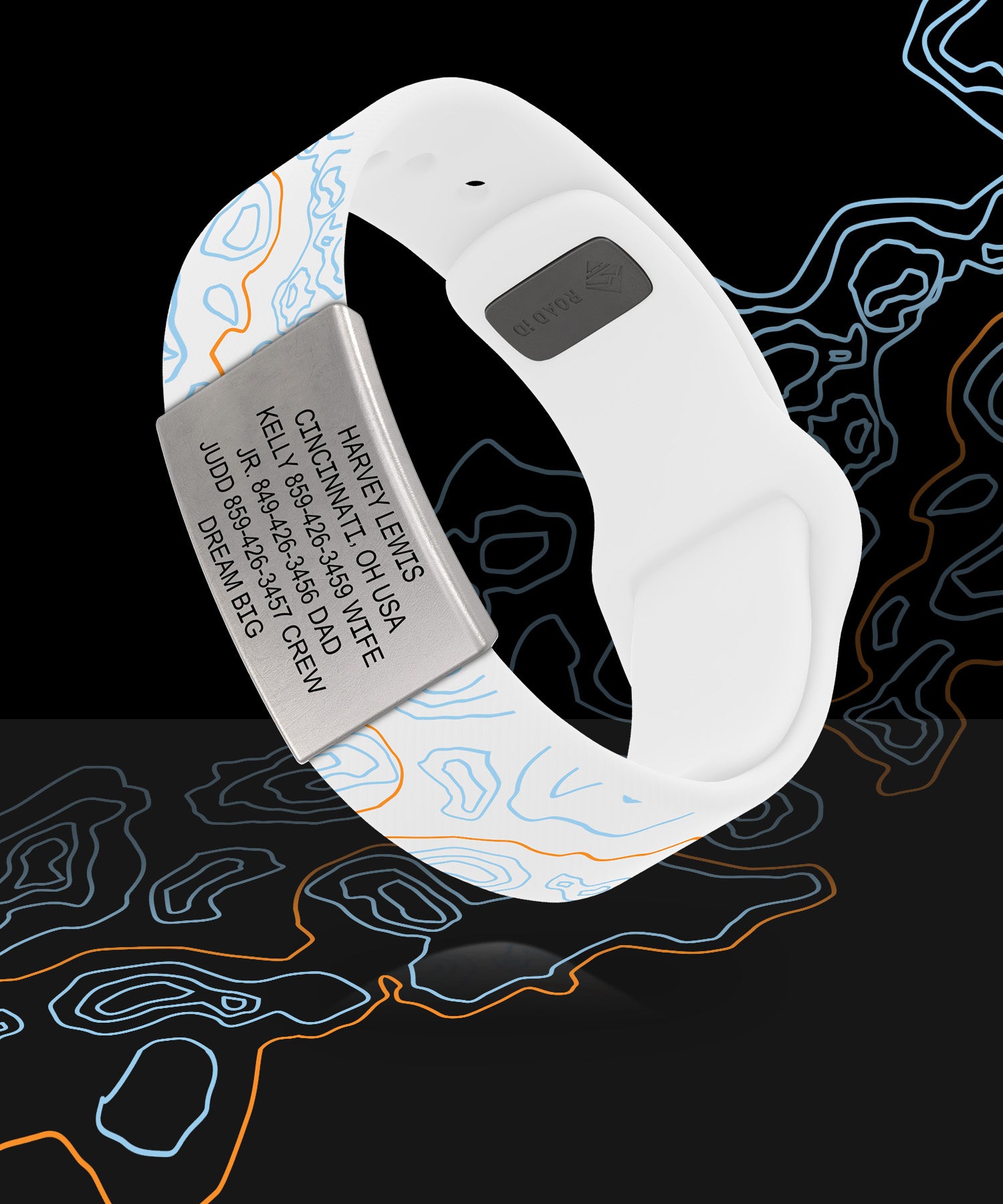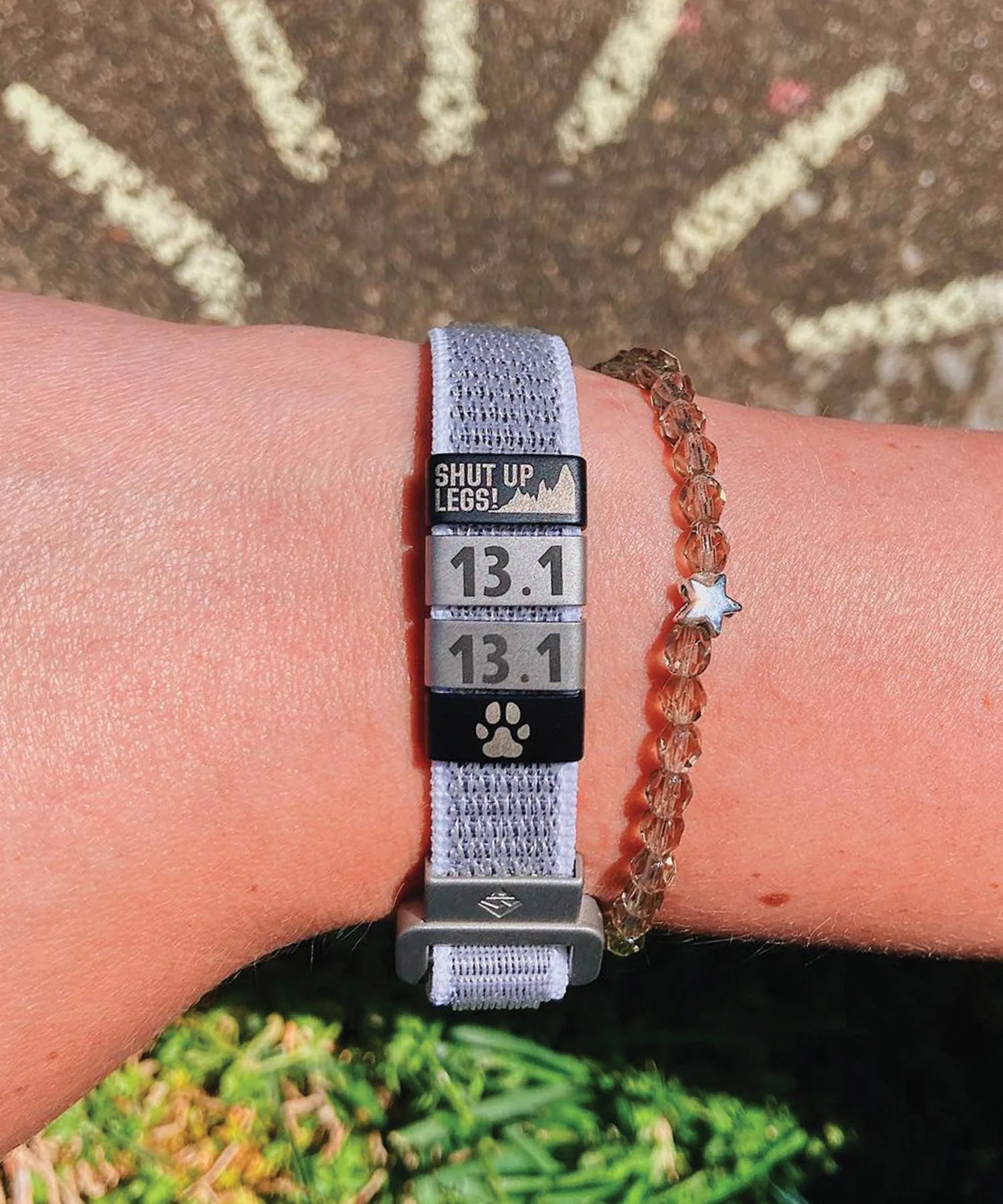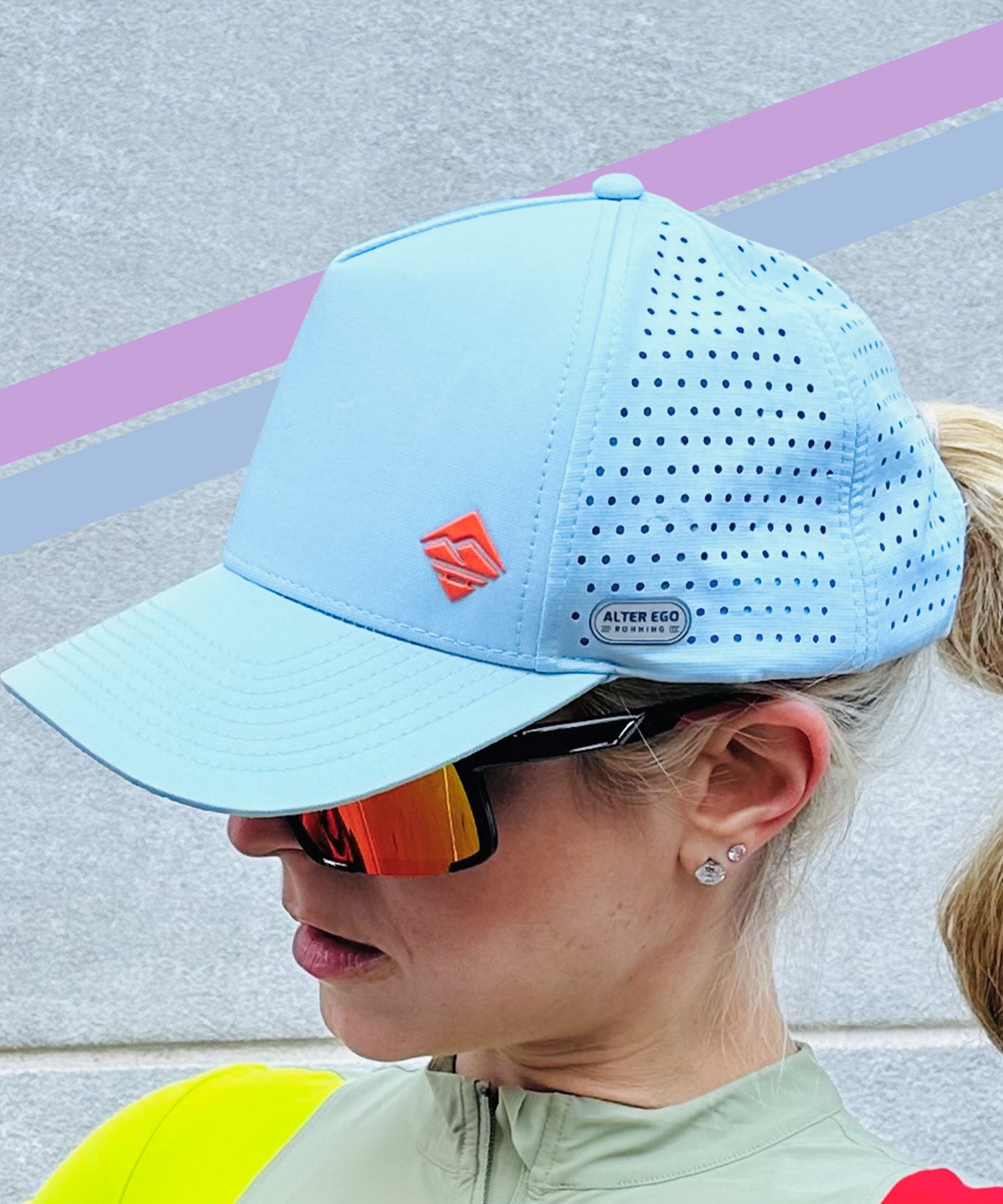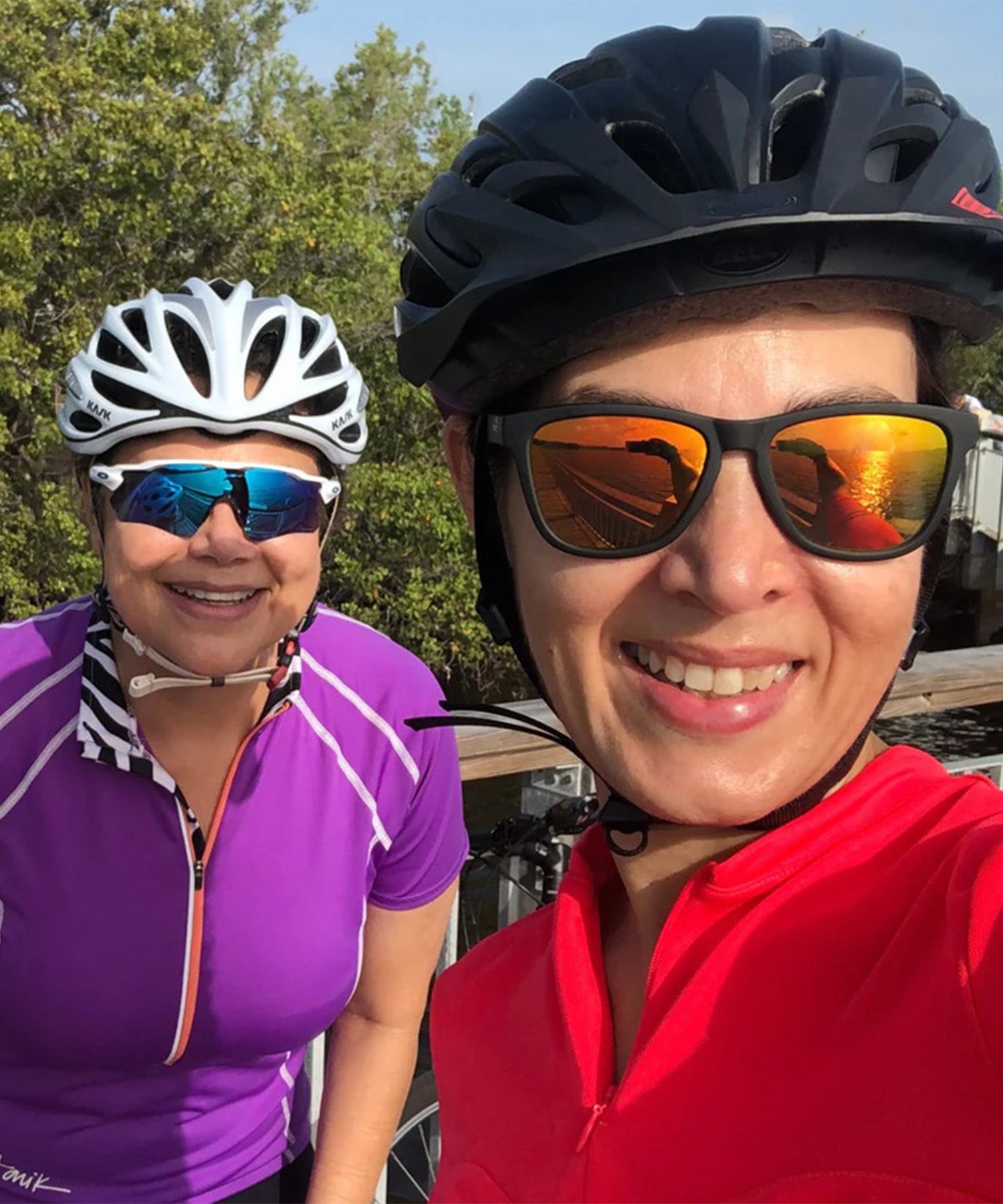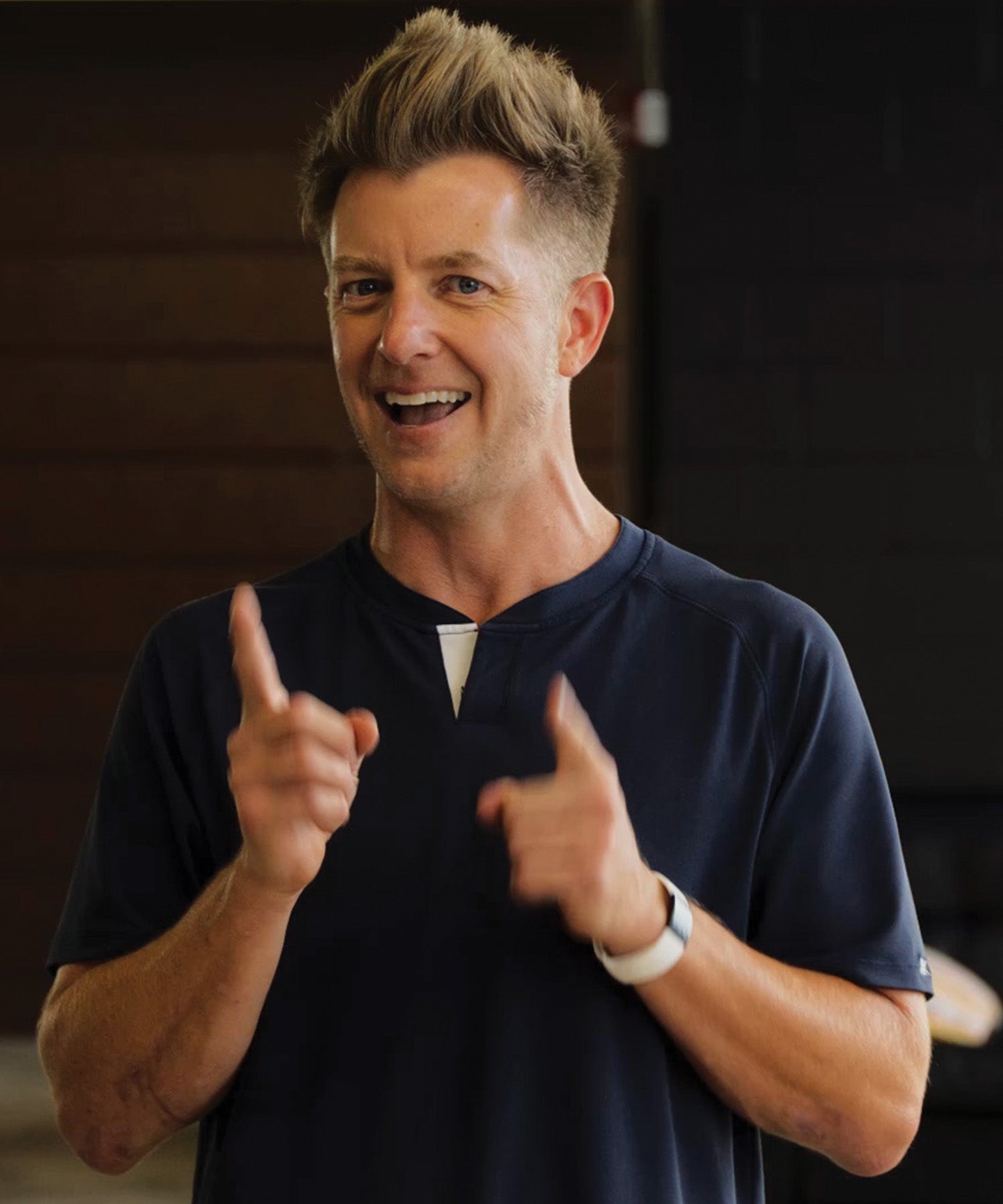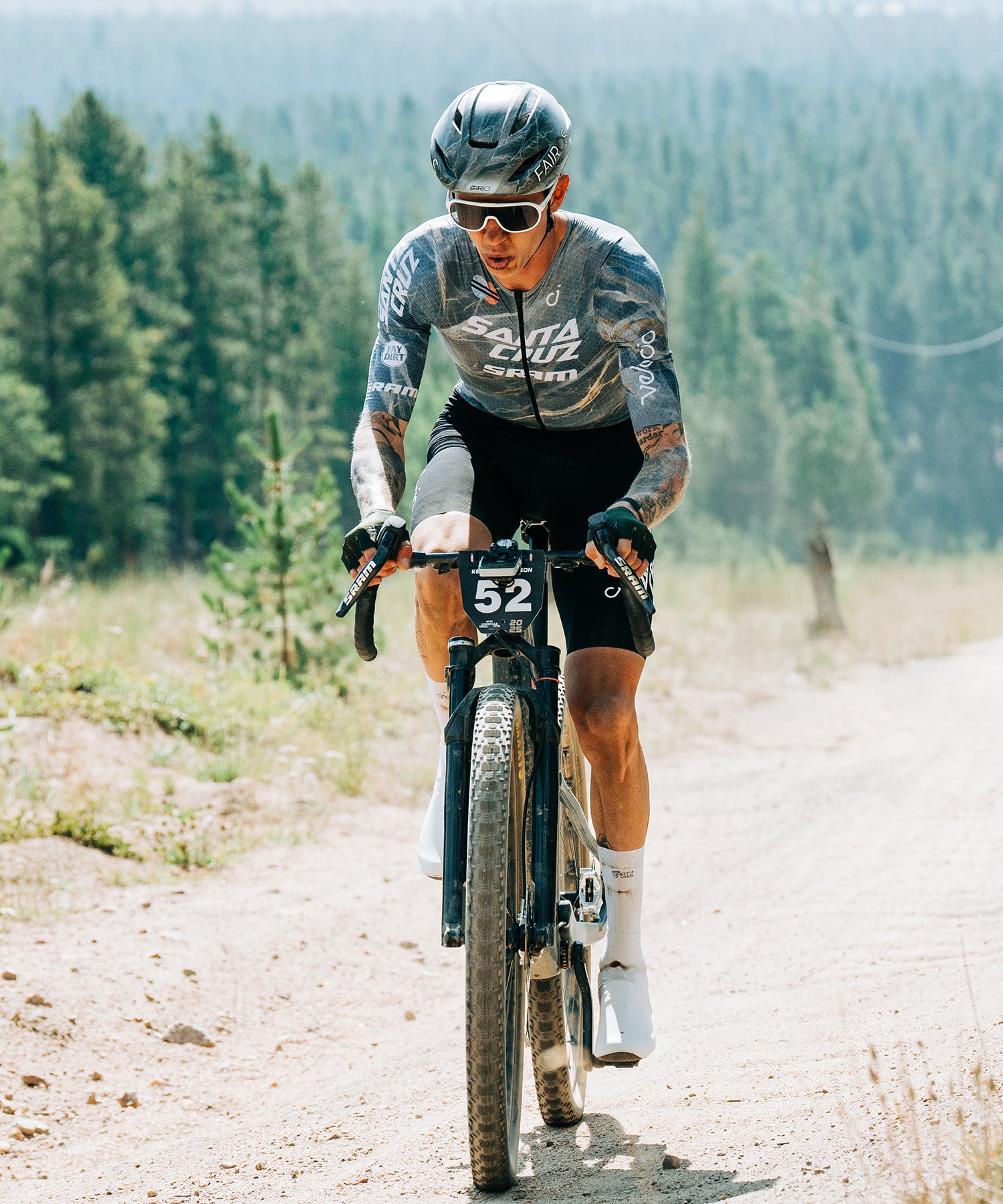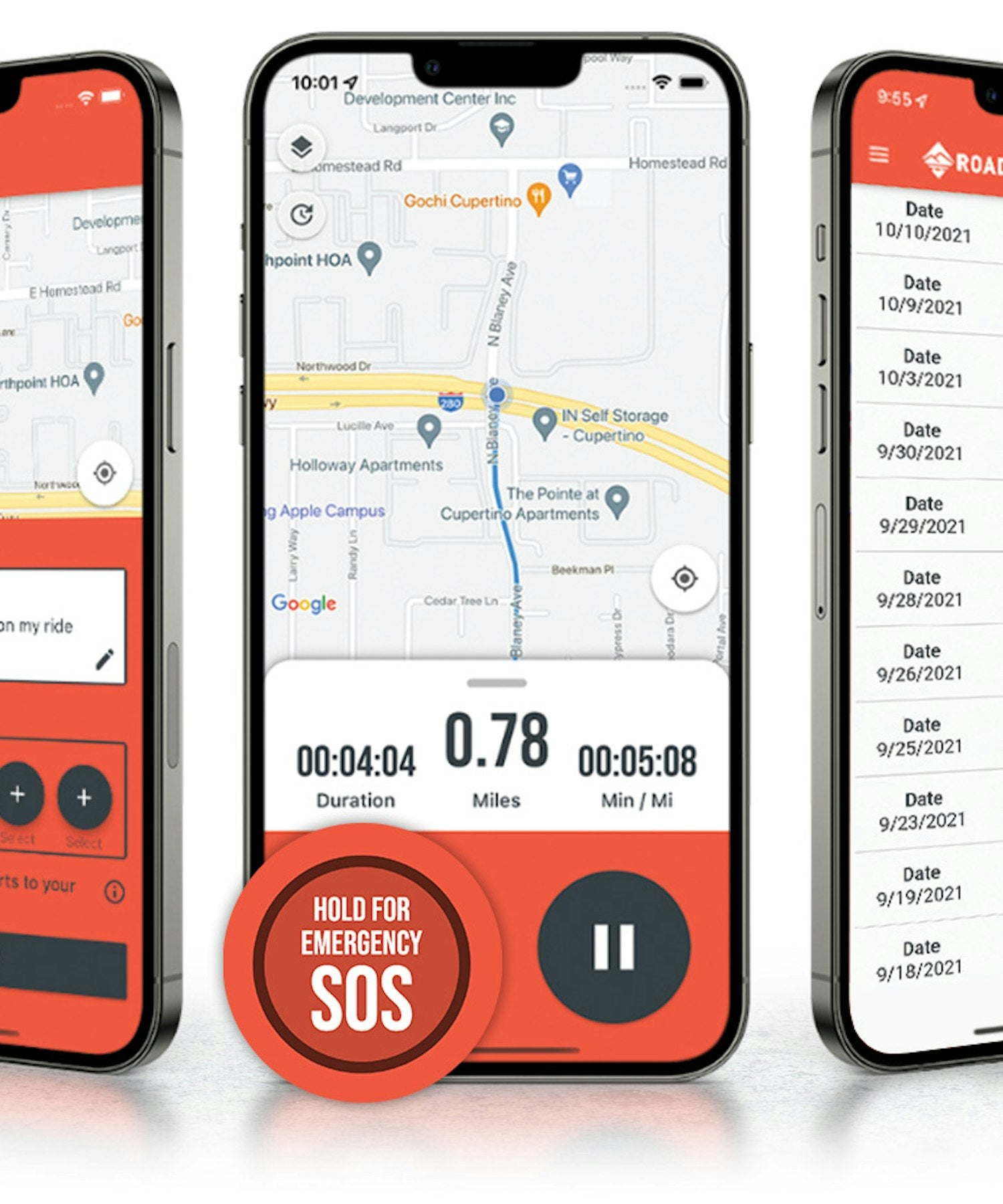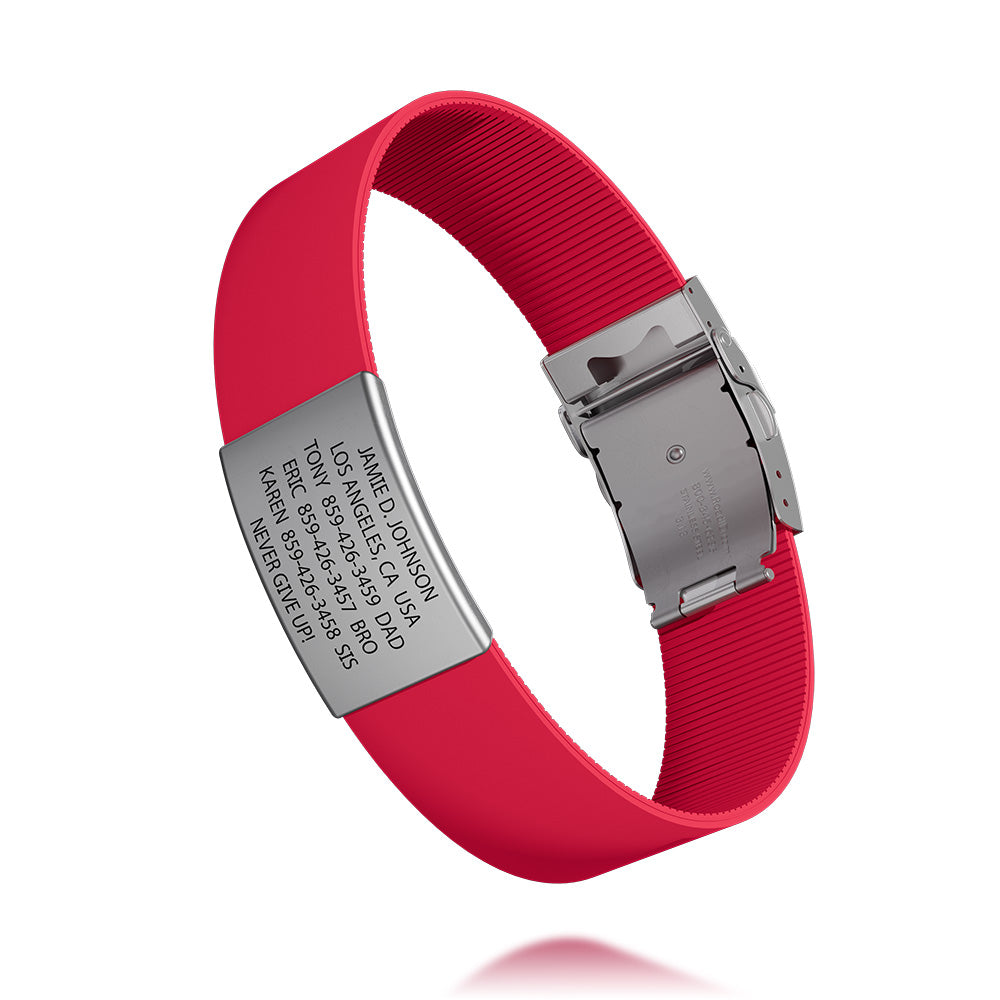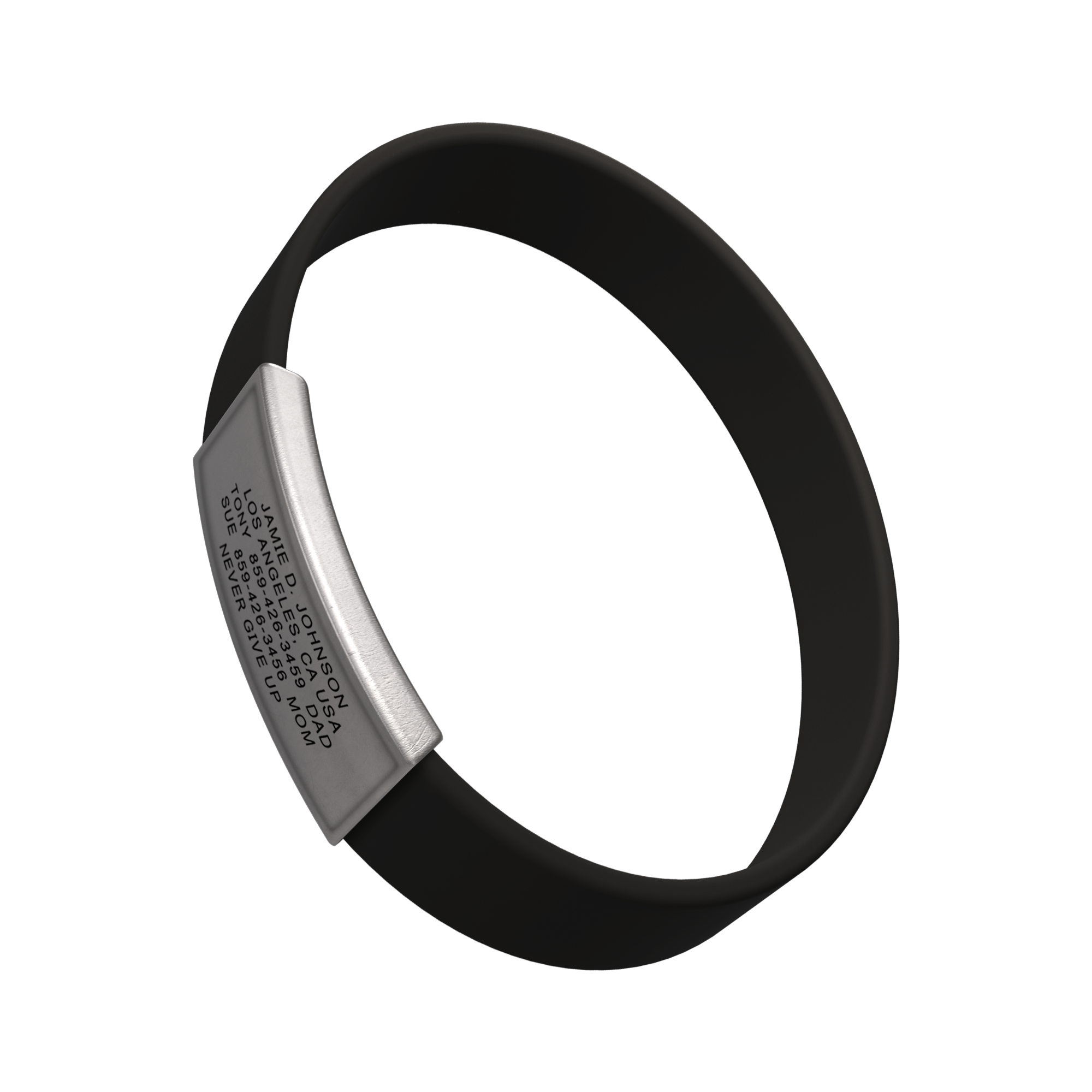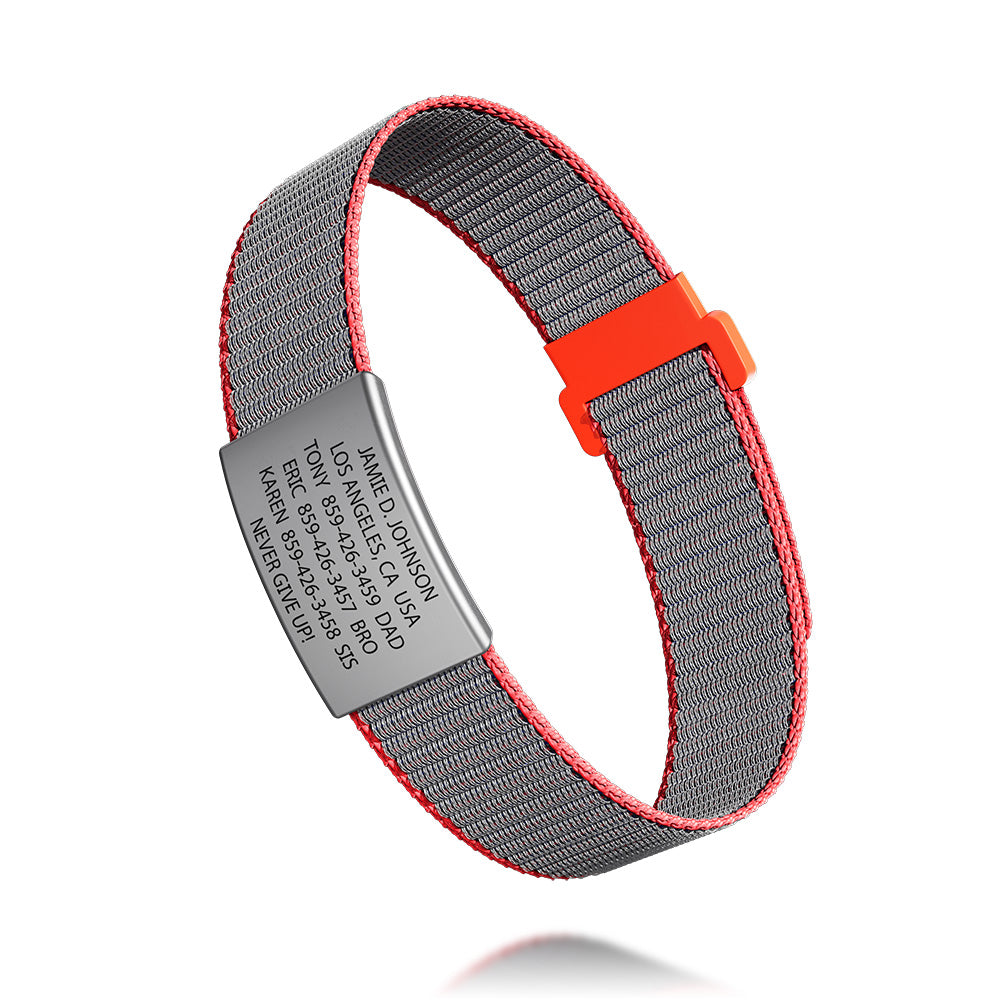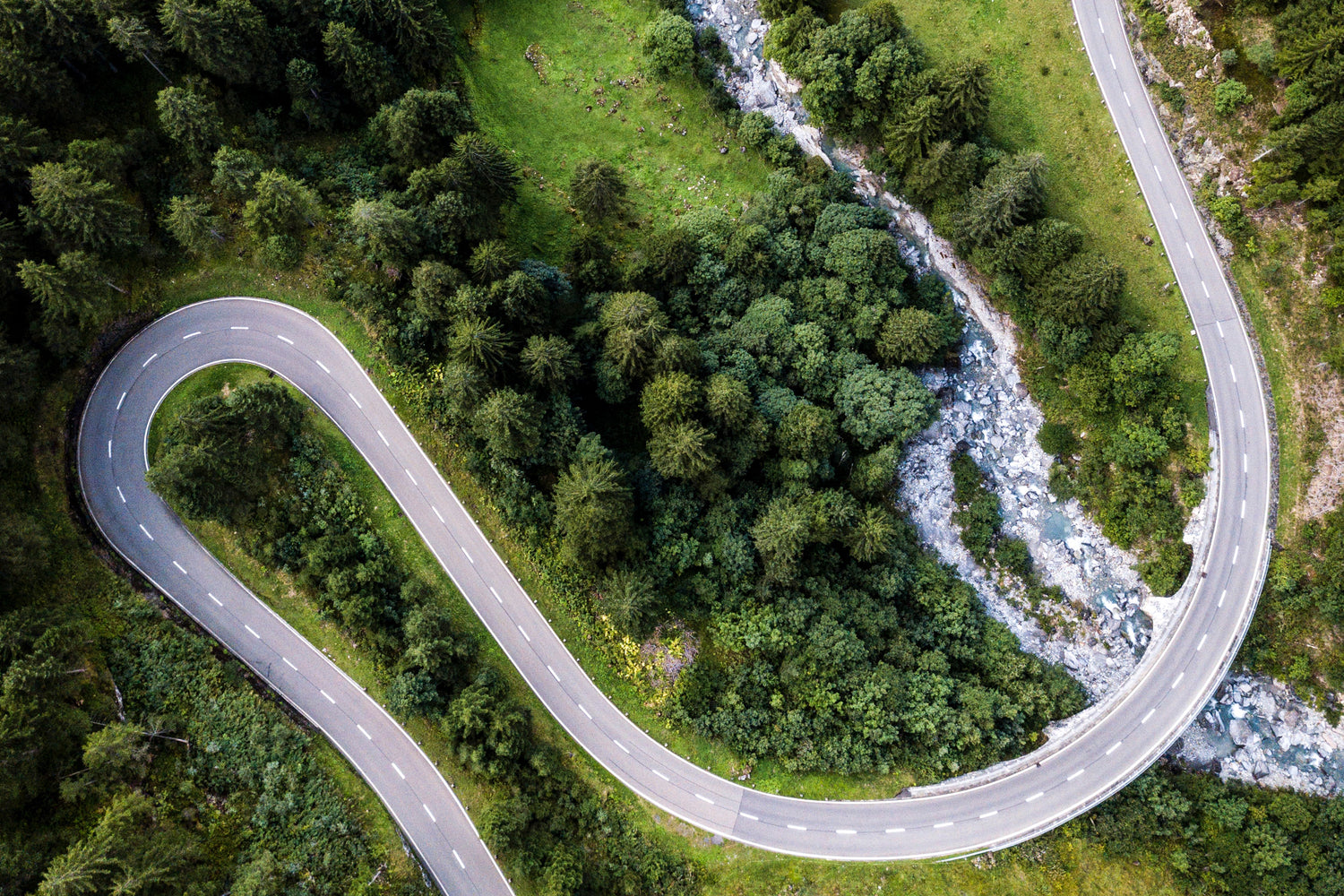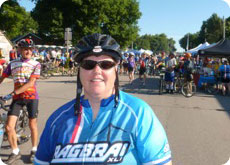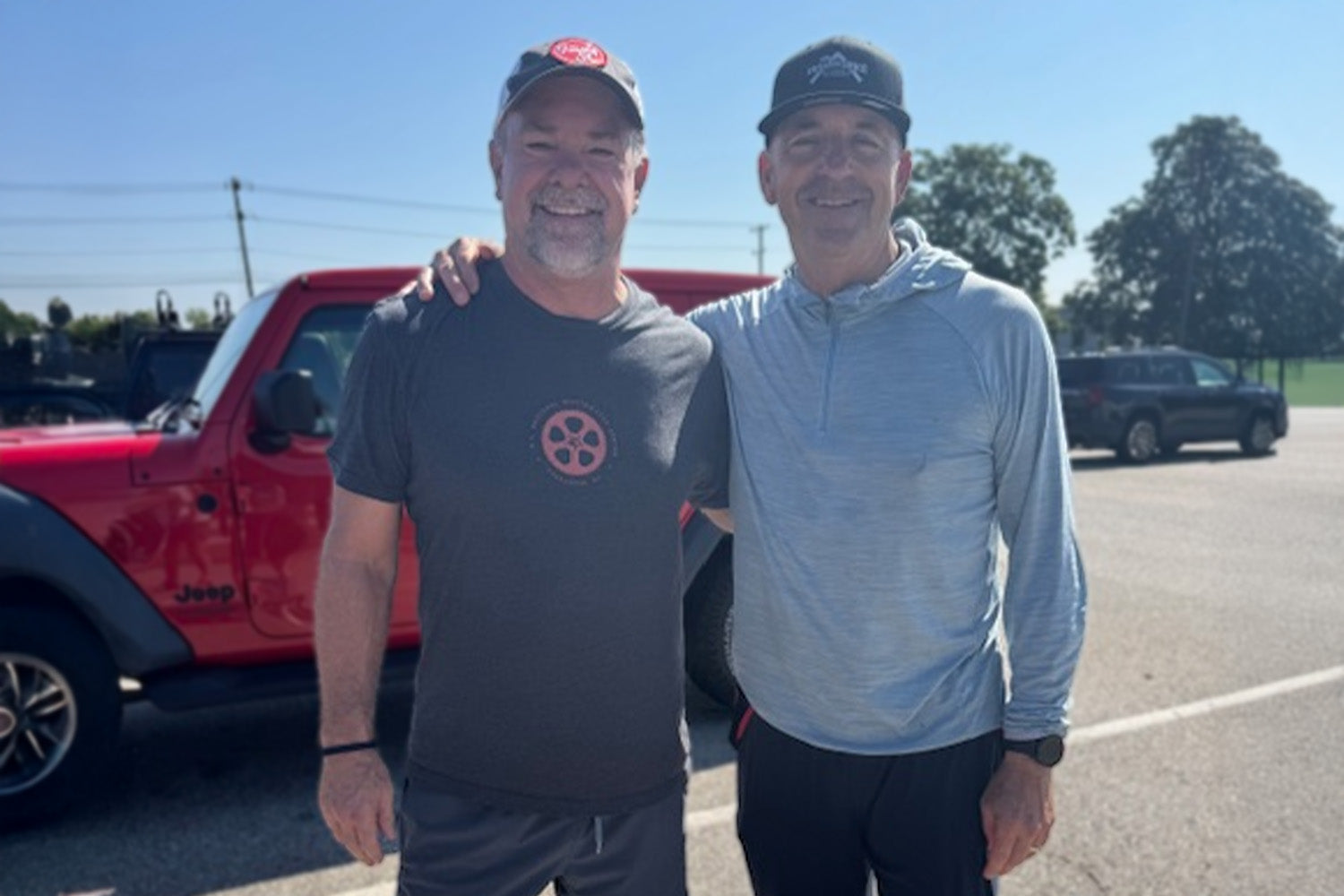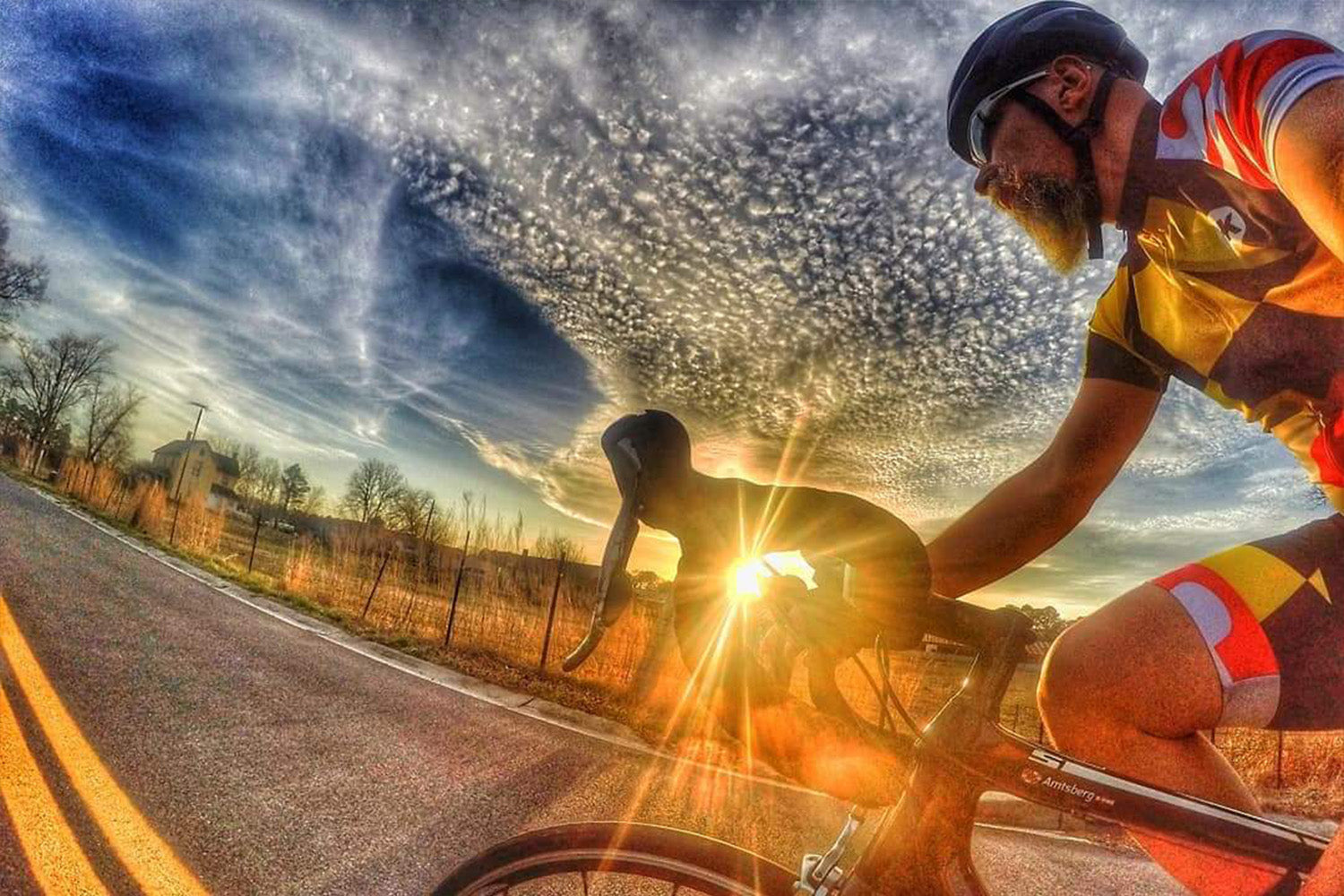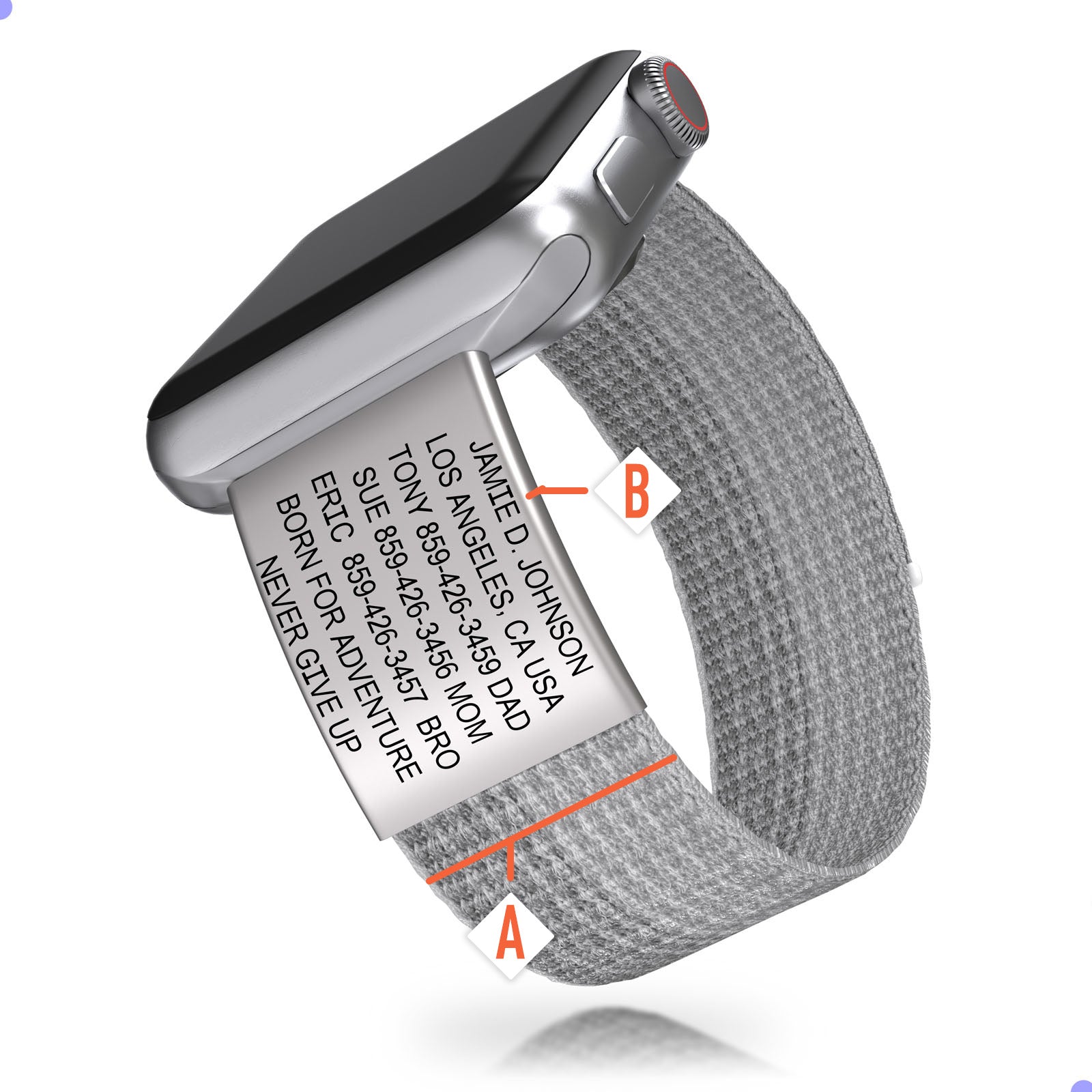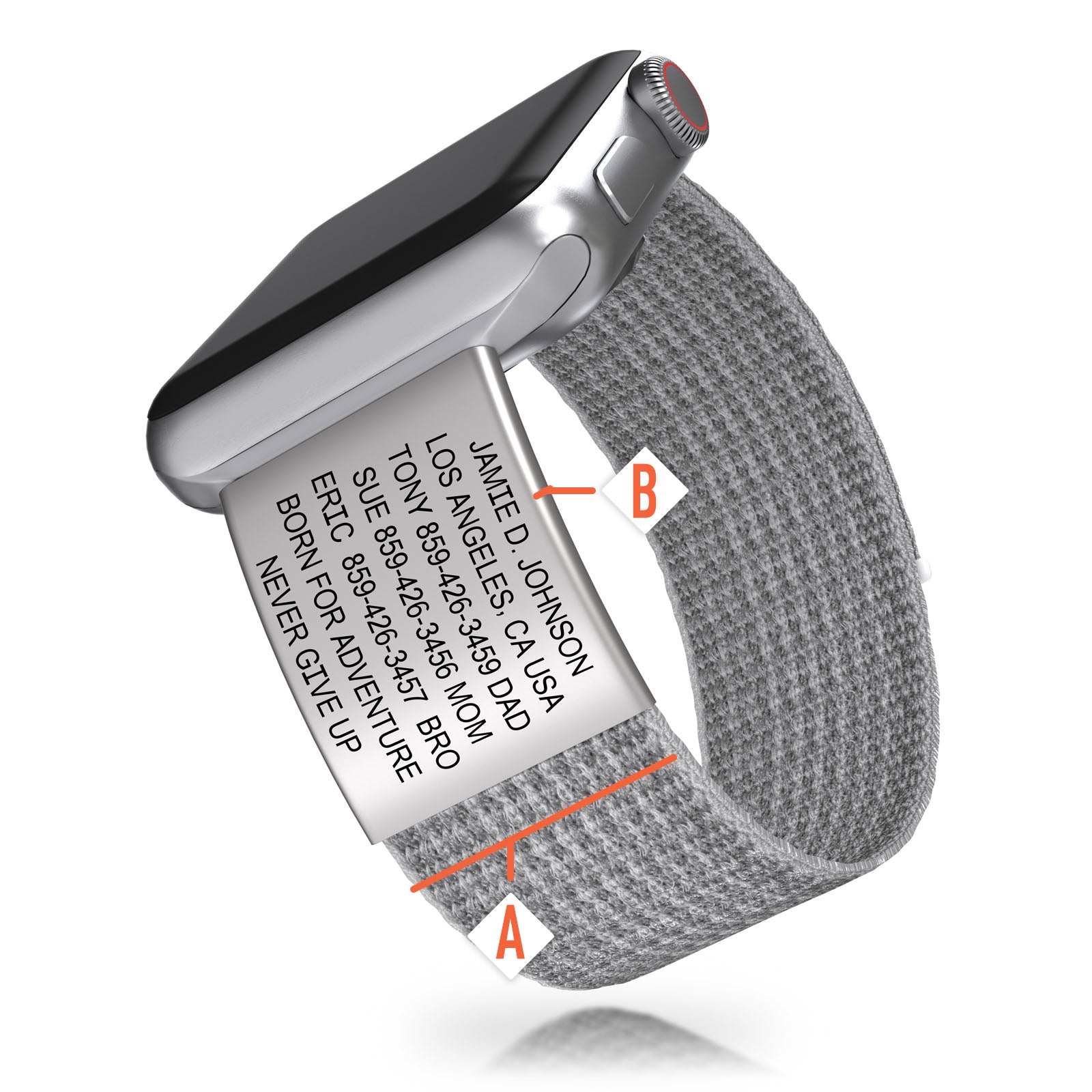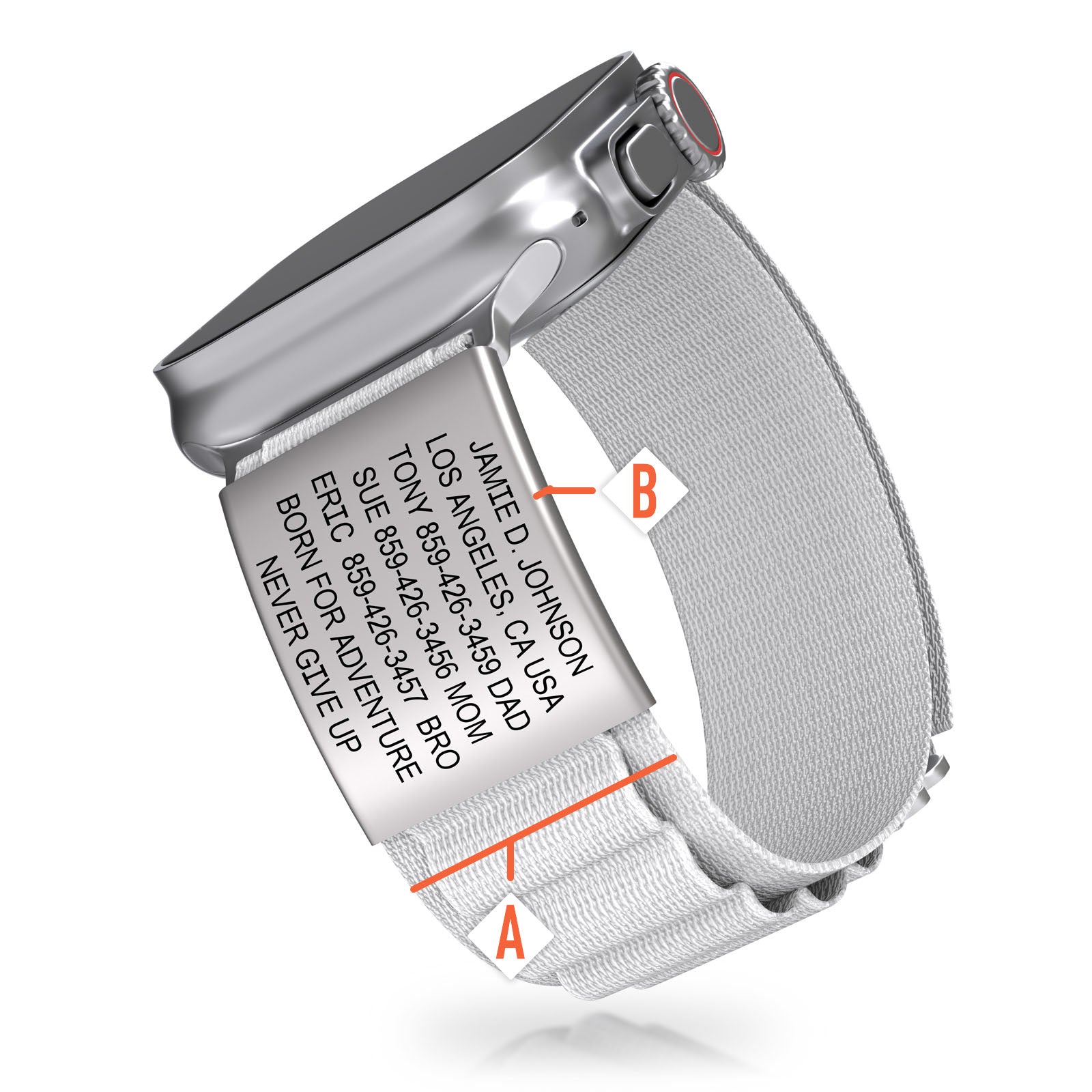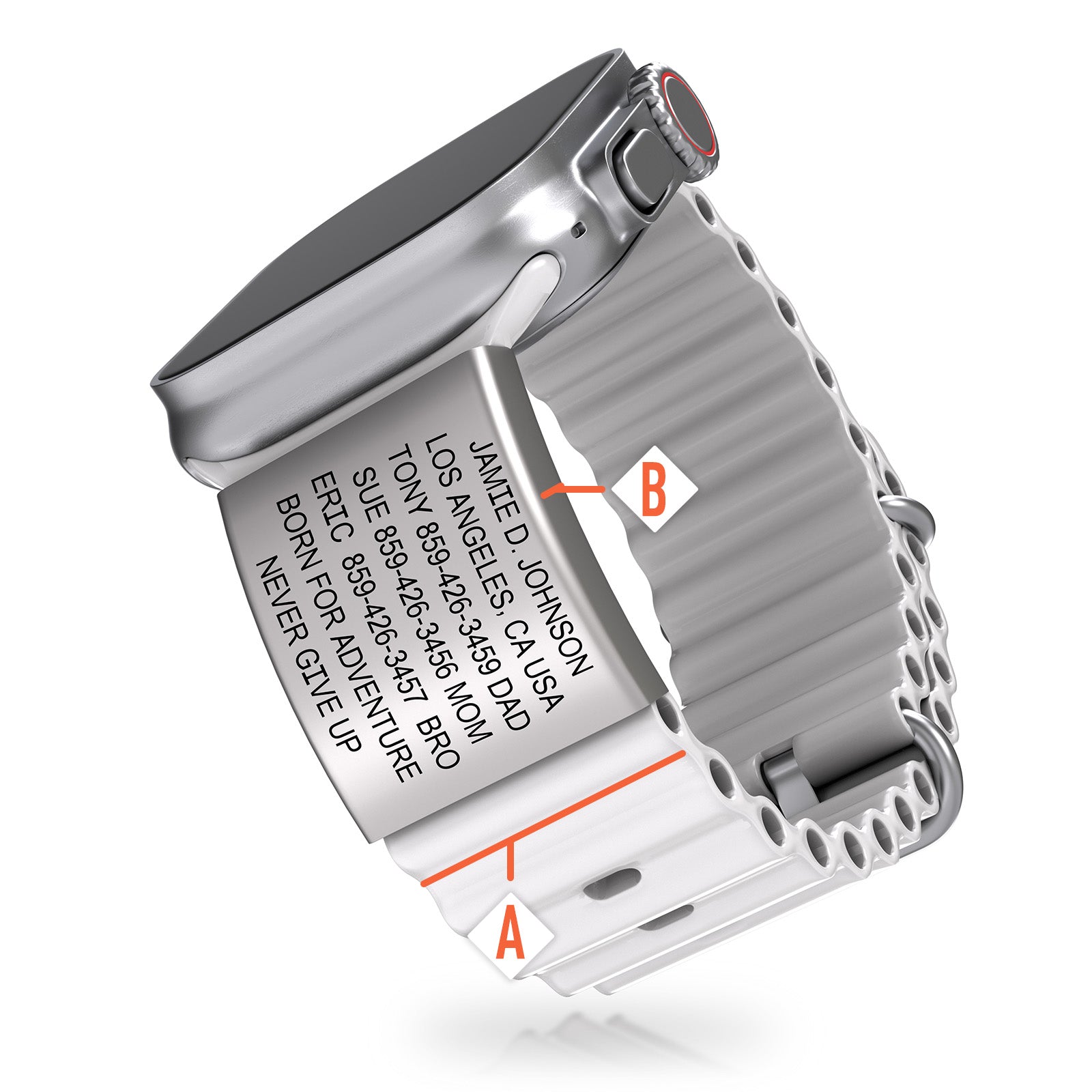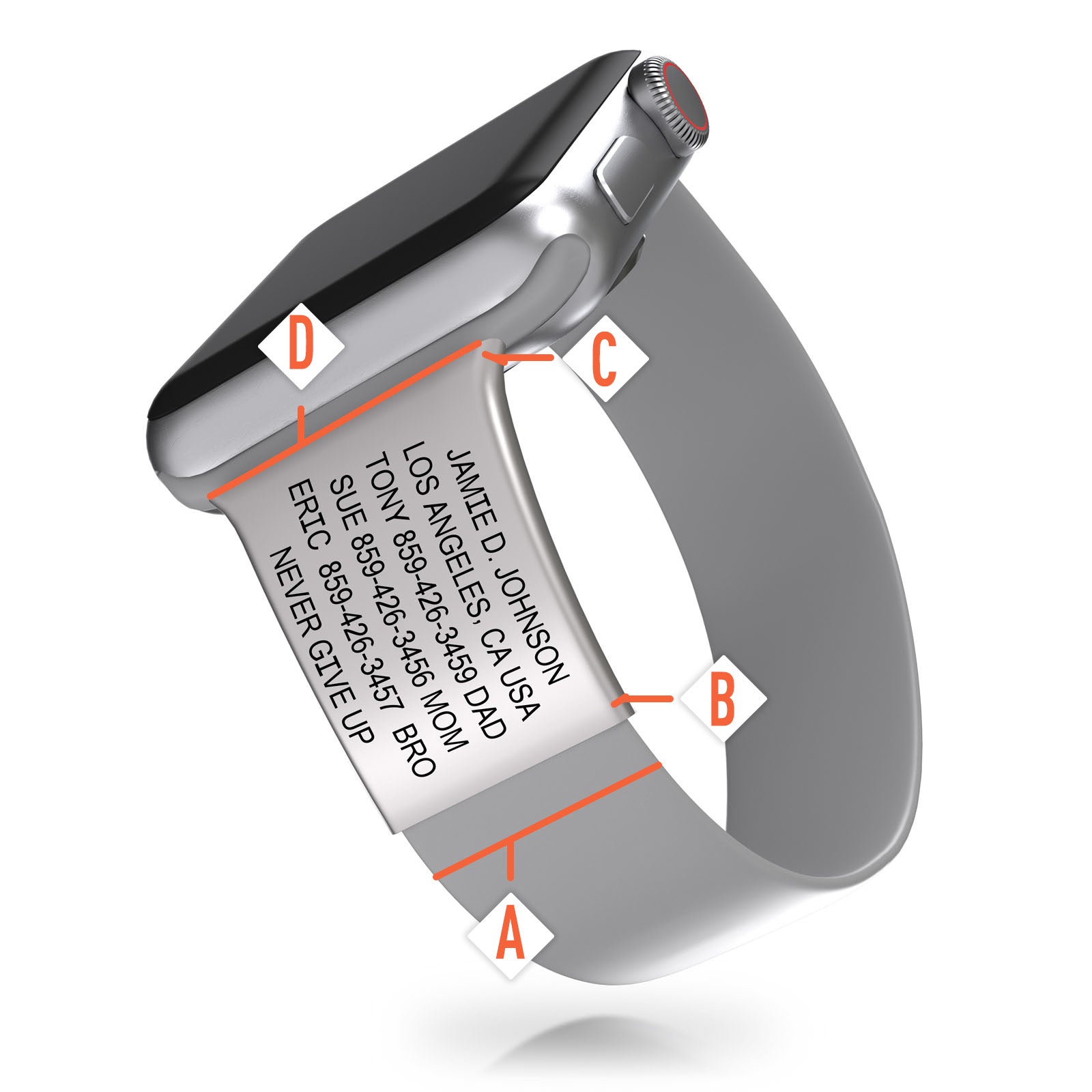I was on pace to run 2:33 or 2:34 through 10miles, which surprisingly felt really easy. Something, however, hit me in mile 12. In a moment I started to get lightheaded. I had no idea what it was, but all of a sudden the street looked blurry and I had trouble keeping my body moving. By mile 17, I knew I was having a serious problem. My body just wasn't working right. I had a hard time keeping my head up and alert. I picked and scraped and crawled my way to 24.3 miles before two EMT's found me and suggested I come to the medical tent. I have no idea how I made it that far, or how I managed to still be on 3:00 pace by that point.
When the EMTs laid me on the cart, it was over. I fell asleep almost immediately. They took me to the tent and had a cardiologist look at me. I body temperature was only 94 degrees, way below what I should have been while running in the heat.
As I lay there, it became clear how little I had going for me. I was miles away from my cell phone. I didn't have a wallet, and I had nothing on me that even identified who I was. I had a racing number, but the doctor had orders to remove it when runners came into the tent. It actually had medical information on the back, but when I was taken to the hospital, my number and all its information were left behind. People were there, willing to help me, but I was hardly able to talk to them so they could know how.
It would have been so simple to have something on my wrist or shoe to inform others of my allergies and contact numbers. It would have saved me a lot of worry and undue hardship. A marathon is tough enough. Now that I've found Road ID, I'll never be unprepared for possibility that something may go wrong. Road ID is a wonderful way to bring peace to your mind and help in the midst of difficulty. I applaud you for your efforts.
- Blake .J from Gillette, WY
